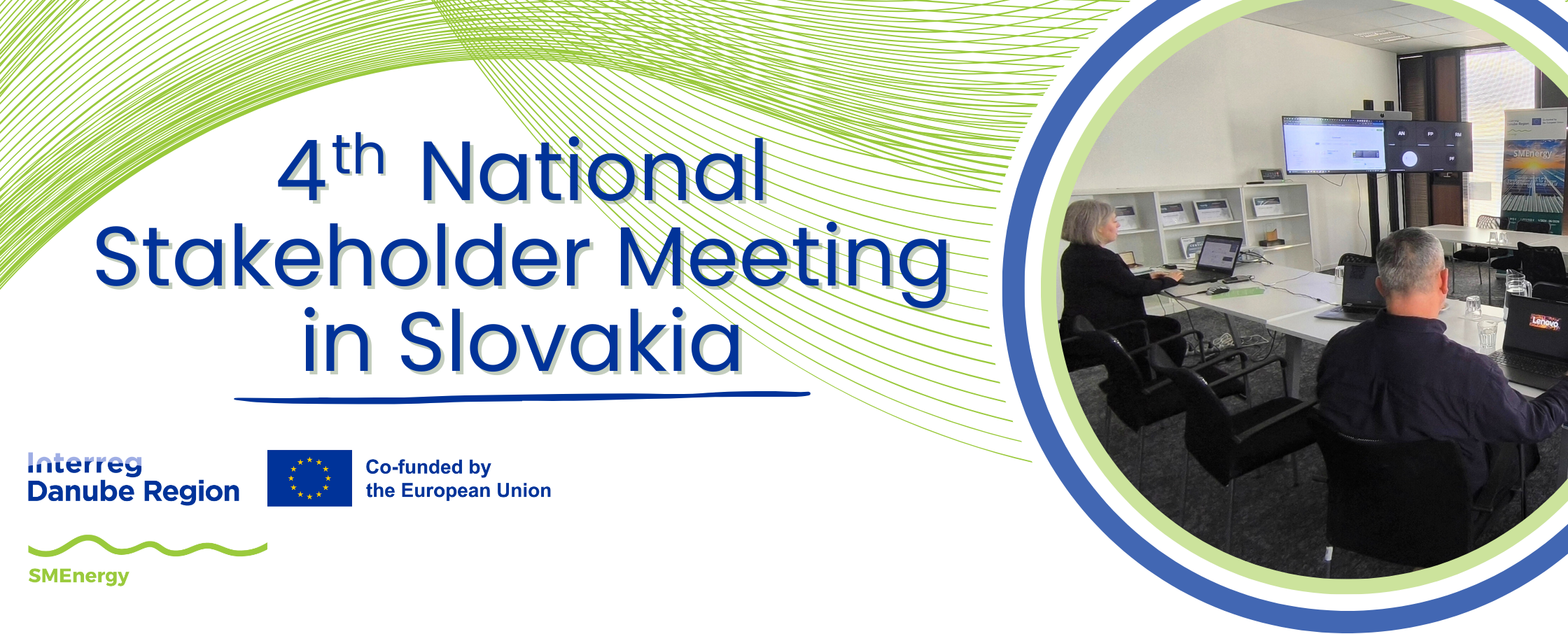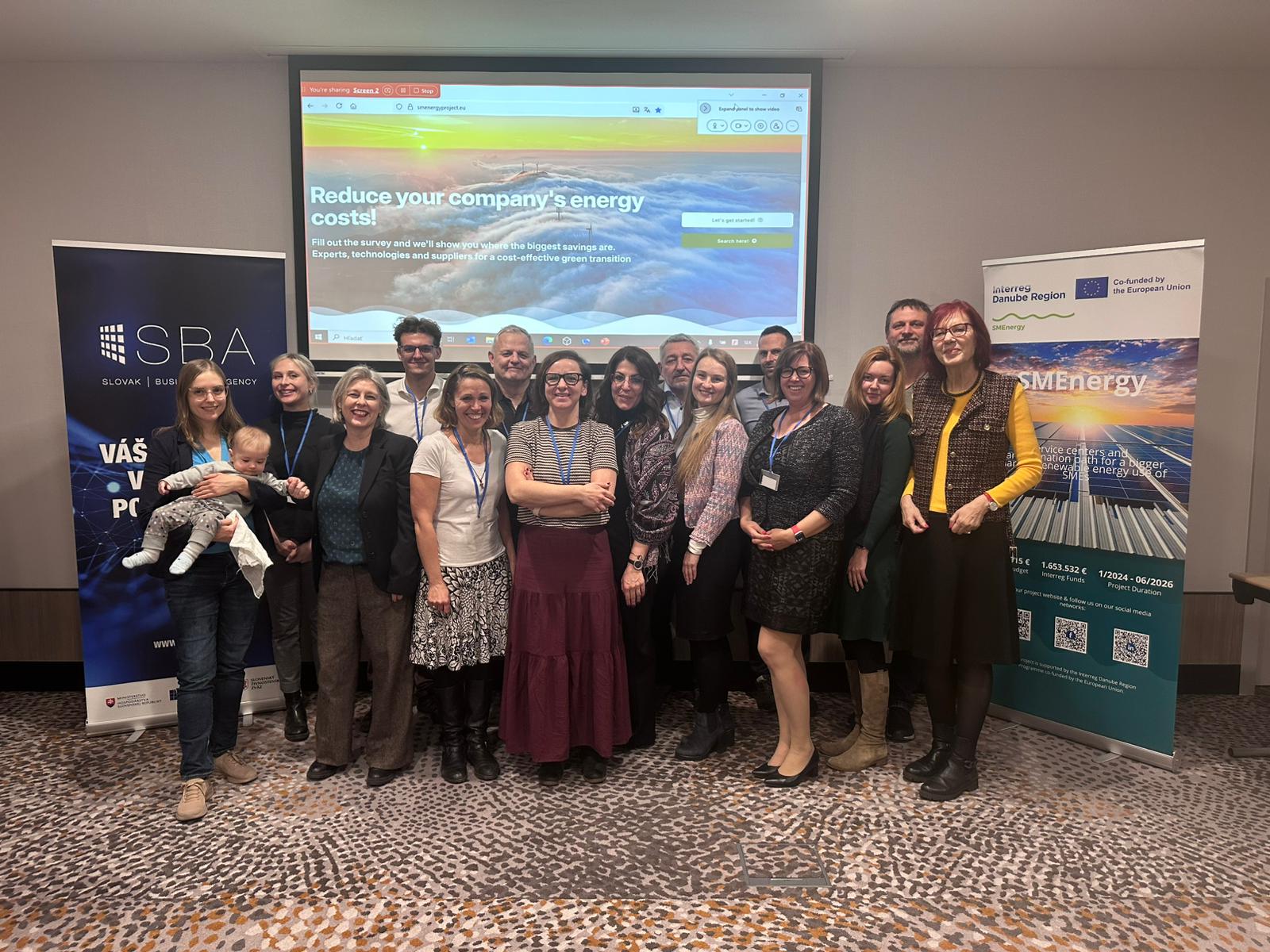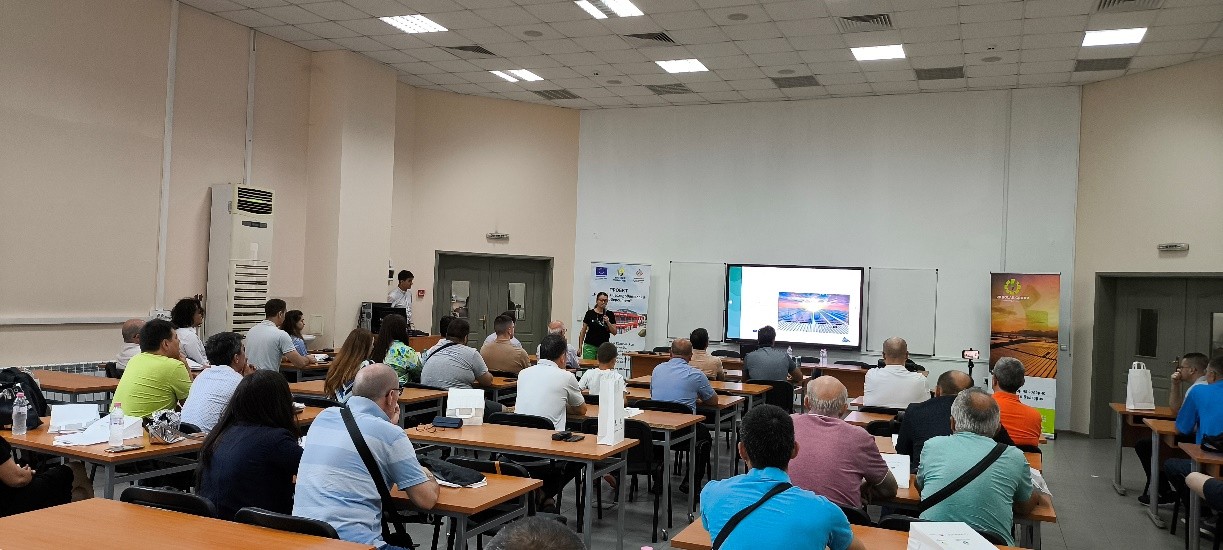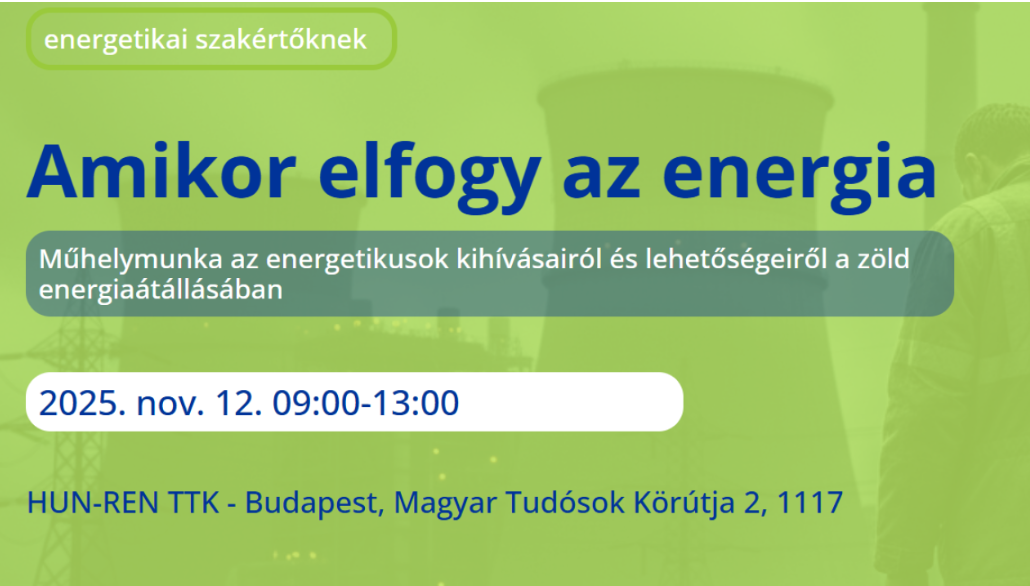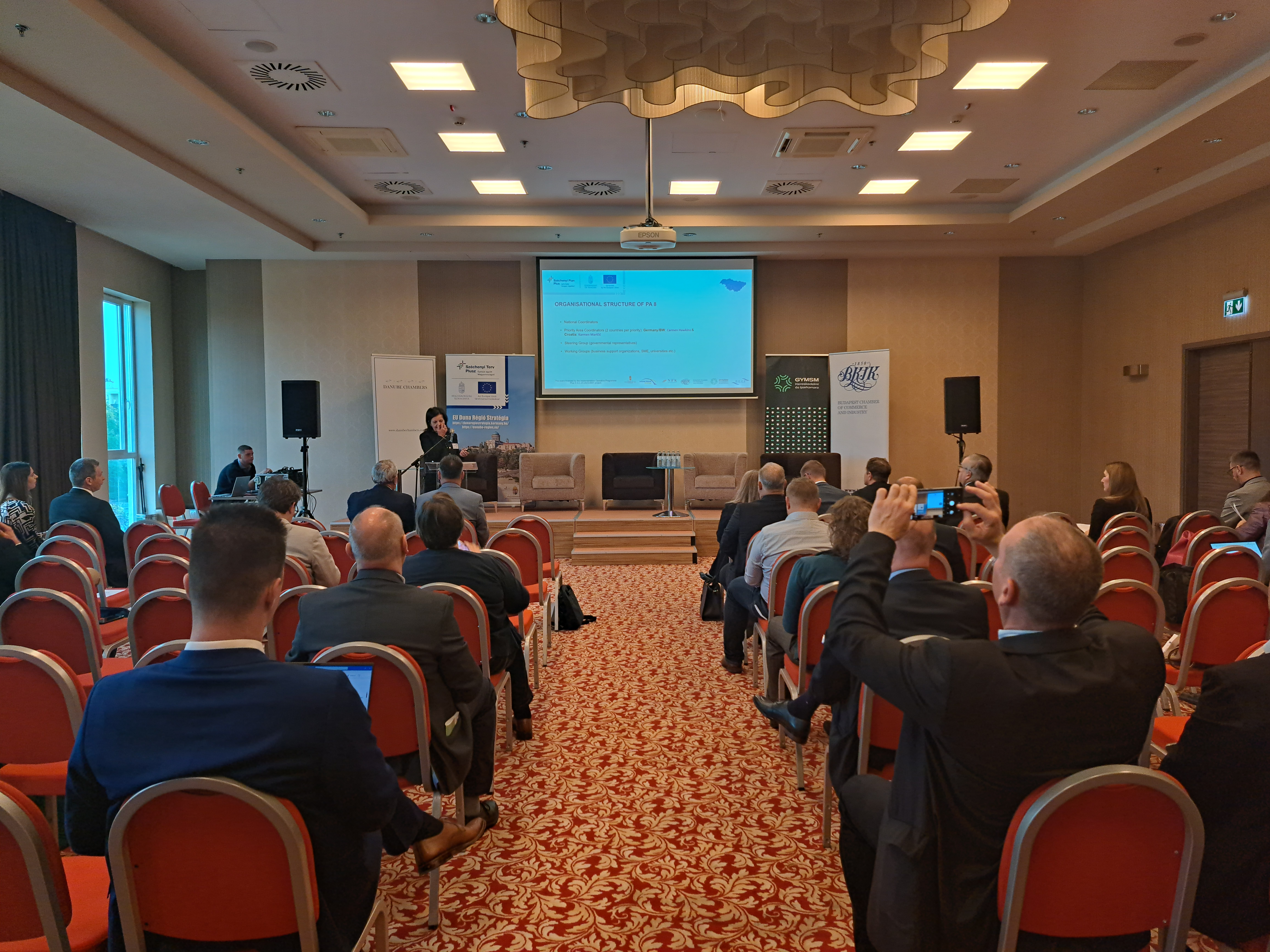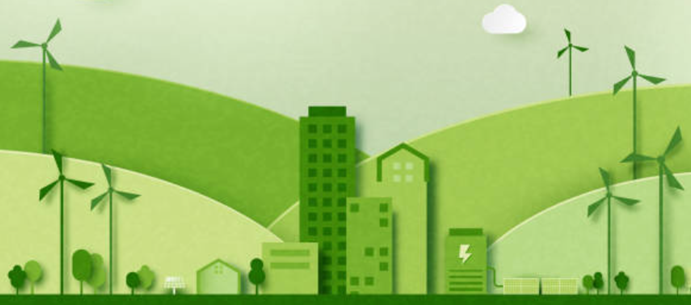
Visits to Leading Innovators in Energy Efficiency and Sustainability
Amidst mounting regulatory pressures, rising consumer demand for sustainability and the rapid pace of innovation, the energy transition is rapidly gaining momentum. Businesses that fail to adapt to these changes risk being left behind in an increasingly competitive landscape.
Employees from the Technologiezentrum Energie (TZE) recently embarked on a series of visits to two businesses and a technology park to explore the cutting-edge solutions being developed and implemented to enhance energy efficiency, increase the use of renewable energy and reduce CO2 emissions. These visits took place over three afternoons on 16th July, 22nd July and 23rd July, at Schlagmann Poroton, a mid-sized brick manufacturer based in Zeilarn, Germany; Siemens Techno Park, an advanced industrial park offering state-of-the-art workspaces for businesses in Ruhstorf an der Rott, Germany; and Fenecon GmbH, Carbattery Refactory – a company specialising in energy storage solutions for residential, commercial and industrial applications in Iggensbach, Germany.
With CO2 prices projected to rise significantly by 2030, companies like Schlagmann Poroton are taking proactive measures. The mid-sized brick manufacturer is planning substantial upgrades to its production facilities and expanding photovoltaic (PV) installations, aiming to significantly reduce CO2 emissions and improve energy efficiency by 2030. However, unlike Schlagmann Poroton, many small and medium-sized enterprises (SMEs) lack the resources to fully explore how they can optimise energy usage within their operations. This is where Siemens Techno Park in Ruhstorf an der Rott presents an intriguing solution.
Siemens Techno Park is a fully renovated industrial complex offering innovative office and manufacturing workspaces for businesses to rent. Companies within the Techno Park benefit from shared infrastructure and facilities, allowing them to avoid the financial burden of independent investment. A key service provided at the park is an energy management system (EMS), which offers businesses opportunities to enhance energy efficiency. More importantly, an EMS enables businesses to provide crucial information to discerning customers about the sustainability of their operations. This data is increasingly demanded by leading companies committed to cleaning up their supply chains, particularly in light of mandatory EU ESG reporting requirements set to begin in 2025. Suppliers unable to provide the necessary information risk being replaced by those who can.
For SMEs not looking to establish new production facilities but seeking smarter ways to optimise their renewable energy usage, Fenecon GmbH offers a compelling solution. Fenecon manufactures modular batteries suitable for homes, as well as commercial and industrial applications. The larger industrial batteries are produced from new, first-life, and second-life car batteries—repurposed from vehicles and used as stationary energy storage systems. Fenecon’s batteries come equipped with user-friendly energy management software that integrates PV systems, e-charging stations, heat pumps, and other electrical devices. Additionally, the use of AI predicts optimal charging and discharging times, helping businesses manage electricity costs, reduce peak loads, and potentially eliminate the need for local grid expansion.
To remain competitive and relevant, businesses must actively seek solutions to improve their energy usage. Fortunately, numerous innovative and collaborative approaches exist, enabling companies to implement these changes in a manageable and cost-effective manner, without the need to overhaul entire operations or tackle challenges alone.
This article was written for the SMEnergy project, an EU-financed project aimed at developing a support network and making information and technology more accessible for SMEs. The businesses mentioned in the article are not associated with the SMEnergy project. The opinions expressed in this article are my own and may not represent those of the companies mentioned.
Ben Färber, Research Associate
Benjamin.faerber@haw-landshut.de
Technologiezentrum Energie, Hochschule Landshut
News & Events
Read the most recent updates and explore the upcoming events.


